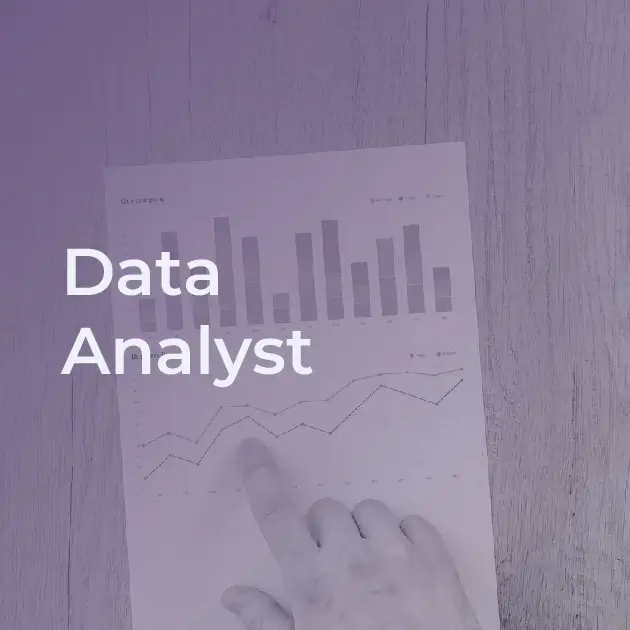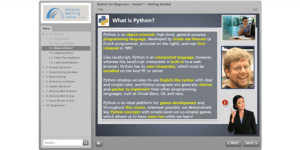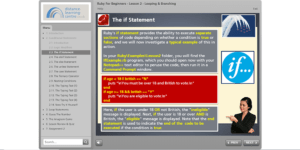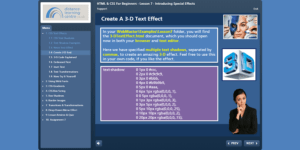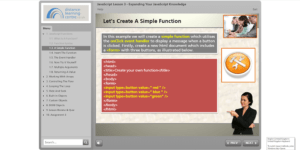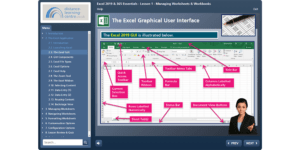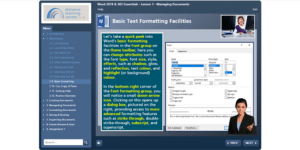Data Analyst
Are you a data analyst looking to enhance your skills and knowledge? Our program offers a comprehensive learning experience in data analysis, data structures, big data, and data integration processes and tools.
As a data analyst, you’ll play a crucial role in collecting, organising, and studying data to uncover valuable business insights. Join us and become an expert in providing technical and data solutions across various projects for diverse stakeholders and customers.
This occupation can be found in any industry where data is used for making informed business decisions. Data analysts play a vital role in different departments like finance, sales, HR, manufacturing, marketing, and more, spanning across both public and private sectors. They delve into the realm of data to find answers, solve problems, and extract valuable insights that drive decision-making.

Data analysis encompasses a wide range of techniques and methods to gather, inspect, clean, transform, and model data. Its main objective is to unveil meaningful information, support conclusions, and guide effective decision-making. In today’s world, data analysis has become indispensable in driving evidence-based decisions and empowering organisations to operate at their best.
Let’s take some practical examples: a data analyst might dive into social media trends to understand their impact on the organisation. In the retail sector, they might analyse sales figures to provide recommendations on product placement and development. In HR, they might explore staff retention rates to develop effective recruitment strategies. Even in a hospital setting, data analysts might investigate wait times in different departments to improve service delivery.
In their day-to-day work, data analysts interact with both internal and external clients. They collaborate with various stakeholders within their organisation, spanning different levels. Externally, data analysts may also offer their expertise to other organisations on behalf of their employer. It’s typical for data analysts to work in an office environment and follow regular business hours.
Being responsible for their work’s creation and delivery to meet business objectives, data analysts operate within the data architecture of their company. They ensure compliance, safety, and security of data, following company data policies and relevant legislation. Data analysis is dynamic and ever-evolving, requiring data analysts to stay up-to-date with industry changes and trends. This includes staying well-versed in data languages, tools, and software, and learning from experiences elsewhere.
What will I learn?
Skills
- Use data systems securely to meet requirements and in line with organisational procedures and legislation including principles of Privacy by Design
- implement the stages of the data analysis lifecycle
- apply principles of data classification within data analysis activity
- analyse data sets taking account of different data structures and database designs
- assess the impact on user experience and domain context on data analysis activity
- identify and escalate quality risks in data analysis with suggested mitigation or resolutions as appropriate
- undertake customer requirements analysis and implement findings in data analytics planning and outputs
- identify data sources and the risks and challenges to combination within data analysis activity
- apply organizational architecture requirements to data analysis activities
- apply statistical methodologies to data analysis tasks
- apply predictive analytics in the collation and use of data
- collaborate and communicate with a range of internal and external stakeholders using appropriate styles and behaviours to suit the audience
- use a range of analytical techniques such as data mining, time series forecasting and modelling techniques to identify and predict trends and patterns in data
- collate and interpret qualitative and quantitative data and convert into infographics, reports, tables, dashboards and graphs
- select and apply the most appropriate data tools to achieve the optimum outcome
Knowledge
- current relevant legislation and its application to the safe use of data
- organisational data and information security standards, policies and procedures relevant to data management activities
- principles of the data life cycle and the steps involved in carrying out routine data analysis tasks
- principles of data, including open and public data, administrative data, and research data
- the differences between structured and unstructured data
- the fundamentals of data structures, database system design, implementation and maintenance
- principles of user experience and domain context for data analytics
- quality risks inherent in data and how to mitigate or resolve these
- principal approaches to defining customer requirements for data analysis
- approaches to combining data from different sources
- approaches to organisational tools and methods for data analysis
- organisational data architecture
- principles of statistics for analysing datasets
- the principles of descriptive, predictive and prescriptive analytics
- the ethical aspects associated with the use and collation of data
Behaviours
- maintain a productive, professional and secure working environment
- show initiative, being resourceful when faced with a problem and taking responsibility for solving problems within their own remit
- work independently and collaboratively
- logical and analytical
- identify issues quickly, investigating and solving complex problems and applying appropriate solutions. Ensures the true root cause of any problem is found and a solution is identified which prevents recurrence.
- resilient – viewing obstacles as challenges and learning from failure.
- adaptable to changing contexts within the scope of a project, direction of the organisation or Data Analyst role.
Key Info
Duration
This apprenticeship will typically take 27 months to complete.
Level
This apprenticeship standard is at Level 4.
Qualifications
Where an apprentice has not already achieved Level 2 English and Maths, they must do so before taking the end-point assessment.
Training Provider
Receive top-notch training from one of our handpicked providers in our trusted network.
Allow us to handle the seamless connection between you and a training provider who will expertly guide you and your employer through your personalised training journey. With their support, you will elevate your skills and excel in your role.
Enquire now to start your learning journey
[fluentform id=”30″]
